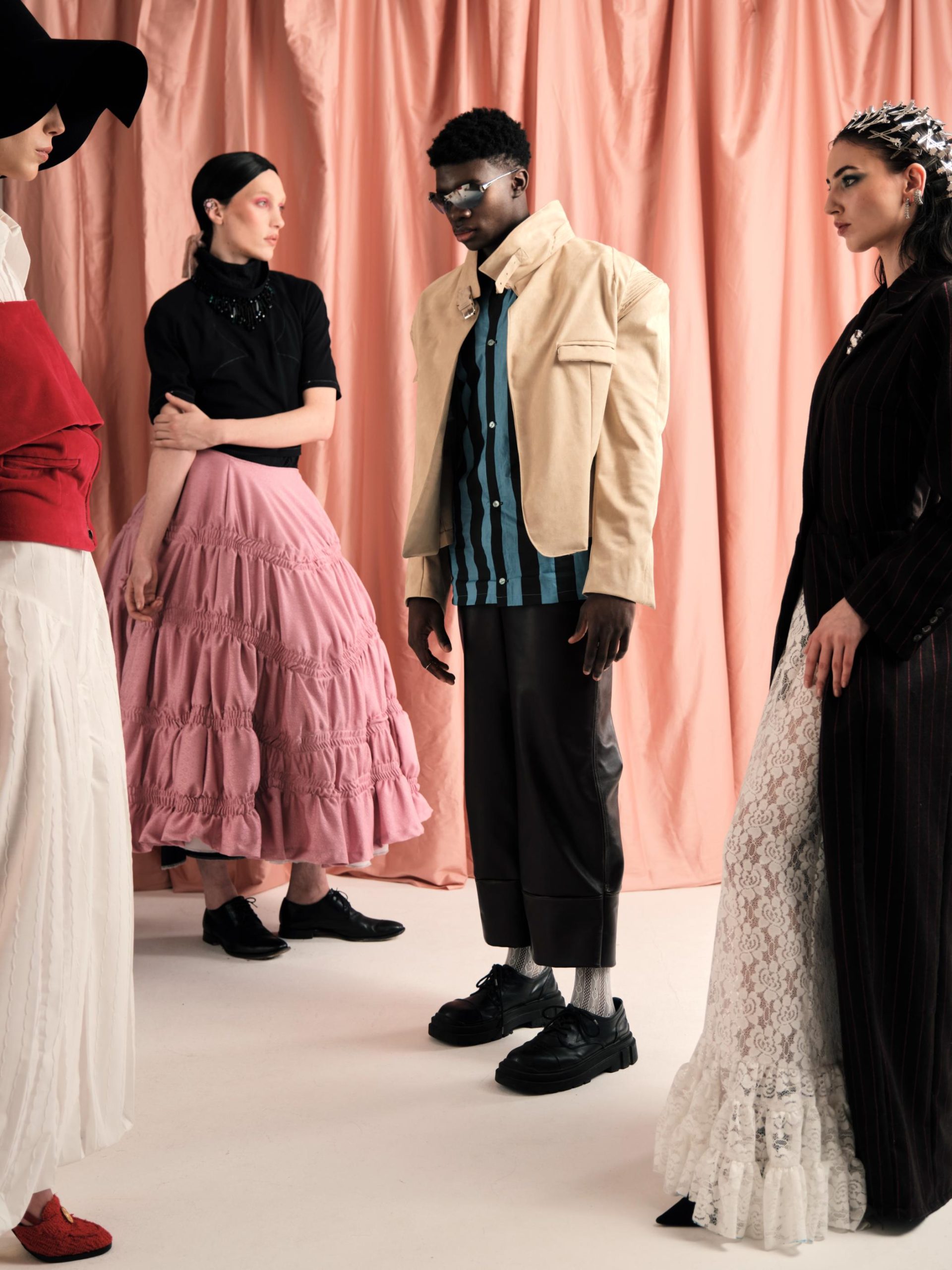The Future Of Fashion Education
Students and industry expect fashion education to change and adapt. For lecturers to remain relevant, to remain up-to-date, as well as to engage with industry in order to keep courses current. This program is constantly changing, keeping students on their toes, providing them with the opportunity to plan ahead.
Students are tomorrow’s leaders, which means it is imperative that they learn the right path, keep up with the politics, and keep up with social life, all aspects that can influence the industry in the future.
The Future Of Fashion Must Be Written From Scratch
Even though the fashion industry reform efforts have intensified, one major issue has gone uncovered: fashion education.
The implementation of pandemics has resulted in significant modifications in how fashion courses are taught in previous years. The switch from manual to electronic work takes place rapidly. In light of this, shouldn’t we make radical shifts in fashion education to make it more feasible?
It has been our privilege to benefit from courses that emphasize sustainability and to study fashion under highly knowledgeable faculty members. This issue lies more precisely with the reality that sustainable, responsible practices are often absent from fashion education or are not incorporated into the other fashion courses.
UK-based universities currently offer a wide range of fashion topics to students. A new class examining the material’s impact on the environment, as well as its harmful effect on human health, is sure to be popular. Designers and creatives need to be equipped with a commitment to sustainability, which underpins fashion’s future.
Students – past or present – are not ignorant – somewhat, more often than not, they are informed. While recognizing that compliance with sustainability is not always easy, students in particular.
Clothing made from recycled materials, dyeing with natural substances, and avoiding the use of unethical materials are costly, both financially and aesthetically. Students often choose fabrics with a considerable eco-friendly component outside the requirements of modules, and whilst this is said in the classroom, it is rarely expected in the studio. After undergoing so many changes in such a short period of time, our vision is to make fashion education a better, more sustainable subject.
Partnerships between universities should be carefully considered. Would it be appropriate to invite fast fashion companies to do live briefings or bring human rights-violating companies on as guest speakers? We should take seriously our responsibility of influencing the industry for generations to come by the way we teach.
As long as future generations of students are taught to develop an ethically sound business model, there are no limits to what can be accomplished. We believe that implementing changes will shape tomorrow, but the first step must be made now.
Final Verdict
The fashion industry, like the rest of society, is gradually realizing that if they are going to satisfy consumers’ needs and wants and keep the planet in good shape, they must devise a system that will help them do just that. As students and aspiring fashion industry workers, it is crucial to understand a brand’s social responsibility so you can determine whether it fits into your design philosophy.
Quick note: Are you struggling with essay writing? Don’t worry contact Essays uk to relieve stress.
Consumer needs and desires must be understood by students to be able to enter the marketing field with the right mindset about what companies must do to succeed in the current economic environment. There is a more incredible drive among Millennials who want to improve the world. Millennials are hopeful for and excited about the possibility of rebuilding everything, reforming, and changing the social structure, and that is what motivates them to get what they want.





